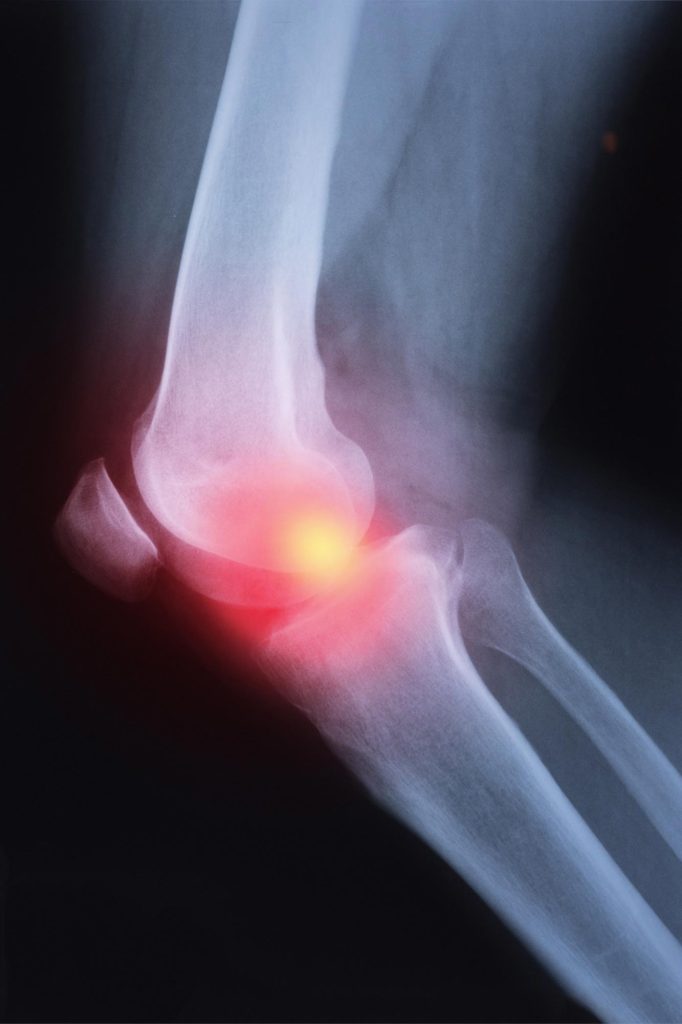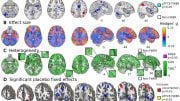
It is estimated that 1,300,000 Americans suffer from Rheumatoid arthritis.
Researchers have shown for the first time that a class of anti-fibrotic drugs inhibits the progression of interstitial lung disease (ILD) in people with rheumatoid arthritis (RA). Pirfenidone was shown to be safe and effective in these individuals, according to research conducted in part at National Jewish Health. The research, which was earlier this month published in the journal The Lancet Respiratory Medicine, is the first prospective treatment trial for individuals with RA-ILD.
“ILD is a relatively common complication in people with RA and can progress and lead to premature death in up to 10% of these patients,” said Joshua Solomon, MD, director of the Interstitial Lung Disease Program at National Jewish Health and first author of the study. “This research is a big step forward for patients suffering from RA-ILD.”
Rheumatoid arthritis (RA) is one of the most common autoimmune diseases in the world. The treatment for Rheumatoid Arthritis and Interstitial Lung Disease 1 (TRIAL1) was a randomized, double-blind, placebo-controlled phase 2 trial done in 34 academic centers specializing in ILD across four countries. Patients with RA-ILD were treated for 52 weeks with either pirfenidone, an anti-scarring medication, or a placebo.
The COVID-19 pandemic prevented trial participant enrollment goals from being reached, but the results showed that pirfenidone was safe, well tolerated, and slowed down the rate of progression of lung fibrosis over a year. This was the first and only prospective multi-centered international interventional treatment trial focused on RA-ILD.
While the trial was foreshortened because of recruitment challenges during the pandemic, the intervention appeared safe and in context, slowed the rate of forced vital capacity (FVC) decline; as FVC decline is associated with early mortality, slowing the decline may be associated with longer life.
“With this study, we are demonstrating that anti-fibrotics as a class of medications have a reproducible effect in reducing the rate of disease progression when measured by force vital capacity,” said Dr. Ivan Rosas, corresponding author of the paper, and professor of medicine and section chief of pulmonary, critical care and sleep medicine at Baylor College of Medicine. “This could have an impact on the overall survival of these patients.”
Reference: “Safety, tolerability, and efficacy of pirfenidone in patients with rheumatoid arthritis-associated interstitial lung disease: a randomised, double-blind, placebo-controlled, phase 2 study” by Joshua J. Solomon, MD, Sonye K. Danoff, MD, Felix A. Woodhead, MD, Shelley Hurwitz, Ph.D., Rie Maurer, MD, Ian Glaspole, MD, Professor Paul F. Dellaripa, MD, Professor Bibek Gooptu, MD, Professor Robert Vassallo, MD, Professor P. Gerard Cox, MB, Professor Kevin R. Flaherty, MD, Huzaifa I. Adamali, MD, Michael A. Gibbons, MD, Lauren Troy, MD, Ian A. Forrest, MD, Professor Joseph A. Lasky, MD, Lisa G. Spencer, MD, Professor Jeffrey Golden, MD, Mary Beth Scholand, MD, Nazia Chaudhuri, MD, Mark A. Perrella, MD, Professor David A. Lynch, MB BCh, Professor Daniel C. Chambers, MD, Professor Martin Kolb, MD, Professor Cathie Spino, ScD, Professor Ganesh Raghu, MD, Hilary J. Goldberg, MD and Professor Ivan O. Rosas, for the TRAIL1 Network Investigators, 5 September 2022, The Lancet Respiratory Medicine.
DOI: 10.1016/S2213-2600(22)00260-0









I have early ILD and RA. Im 77 yr old female. MY lung doctor was slightly evasive in answering my questions about my worrying about this. I’m confused. I need some more answers. He said “it’s down the road yet.”
You may benefit from changing doctors. This doctor seems to be dismissive because of age bias.